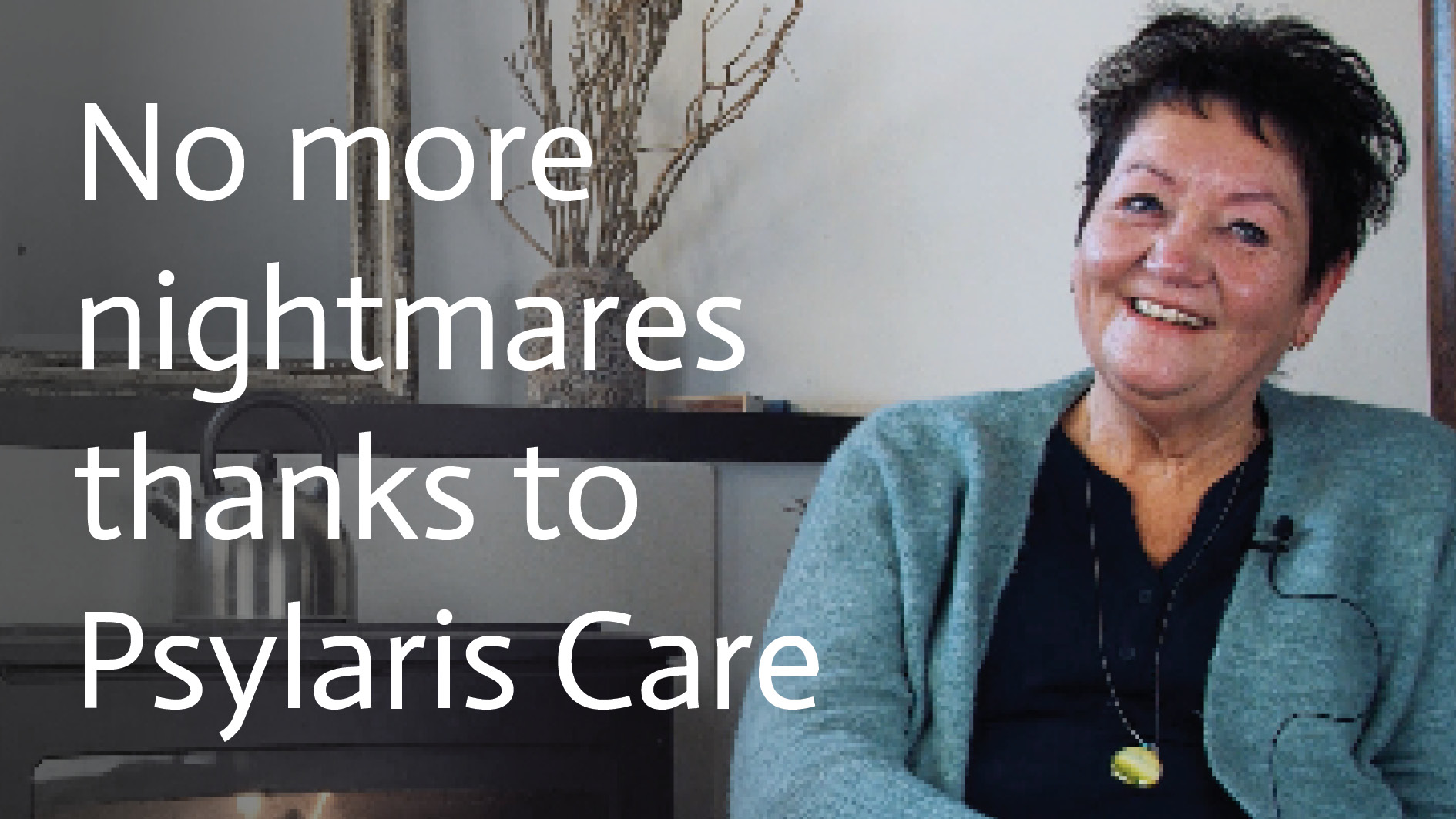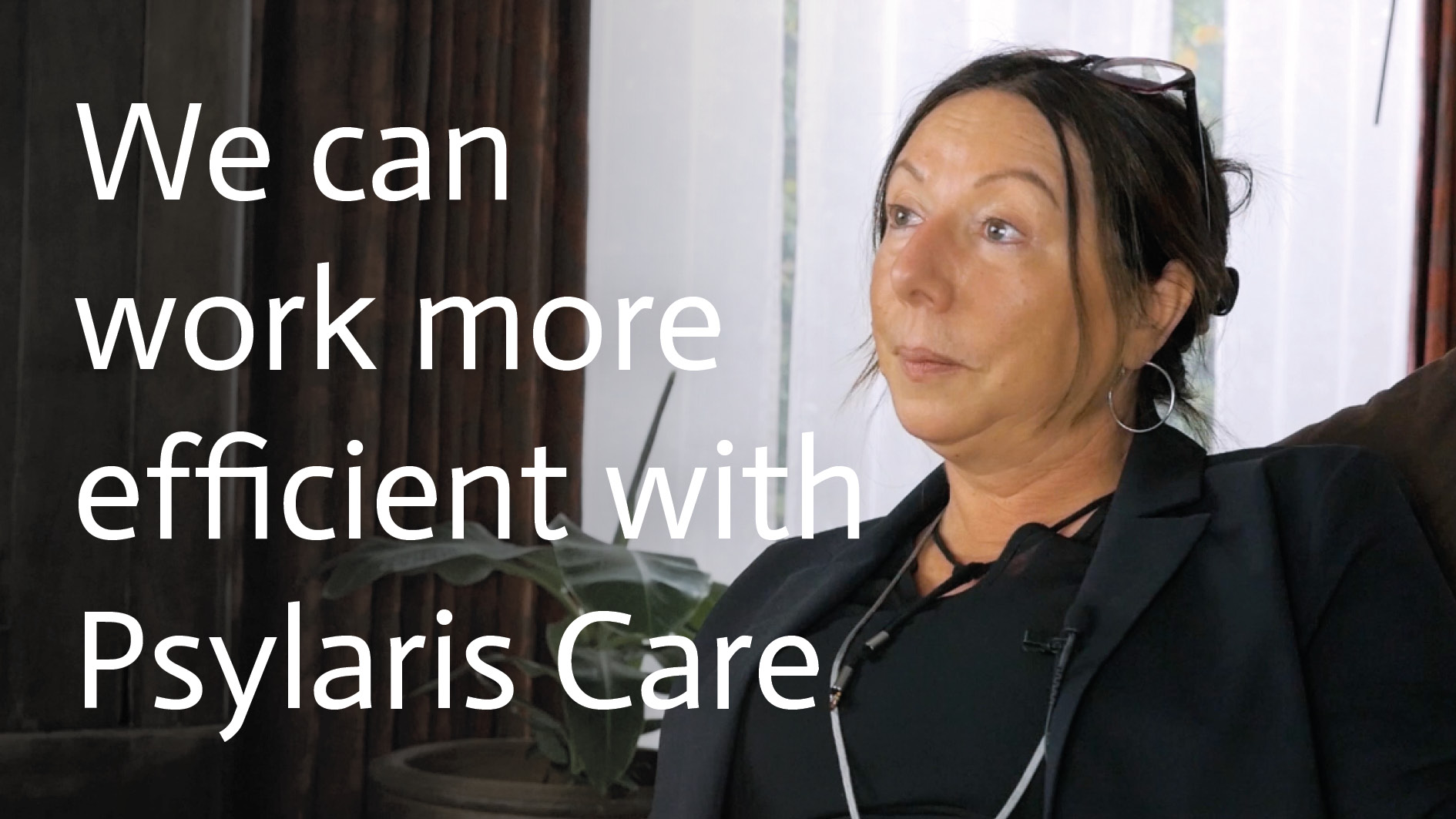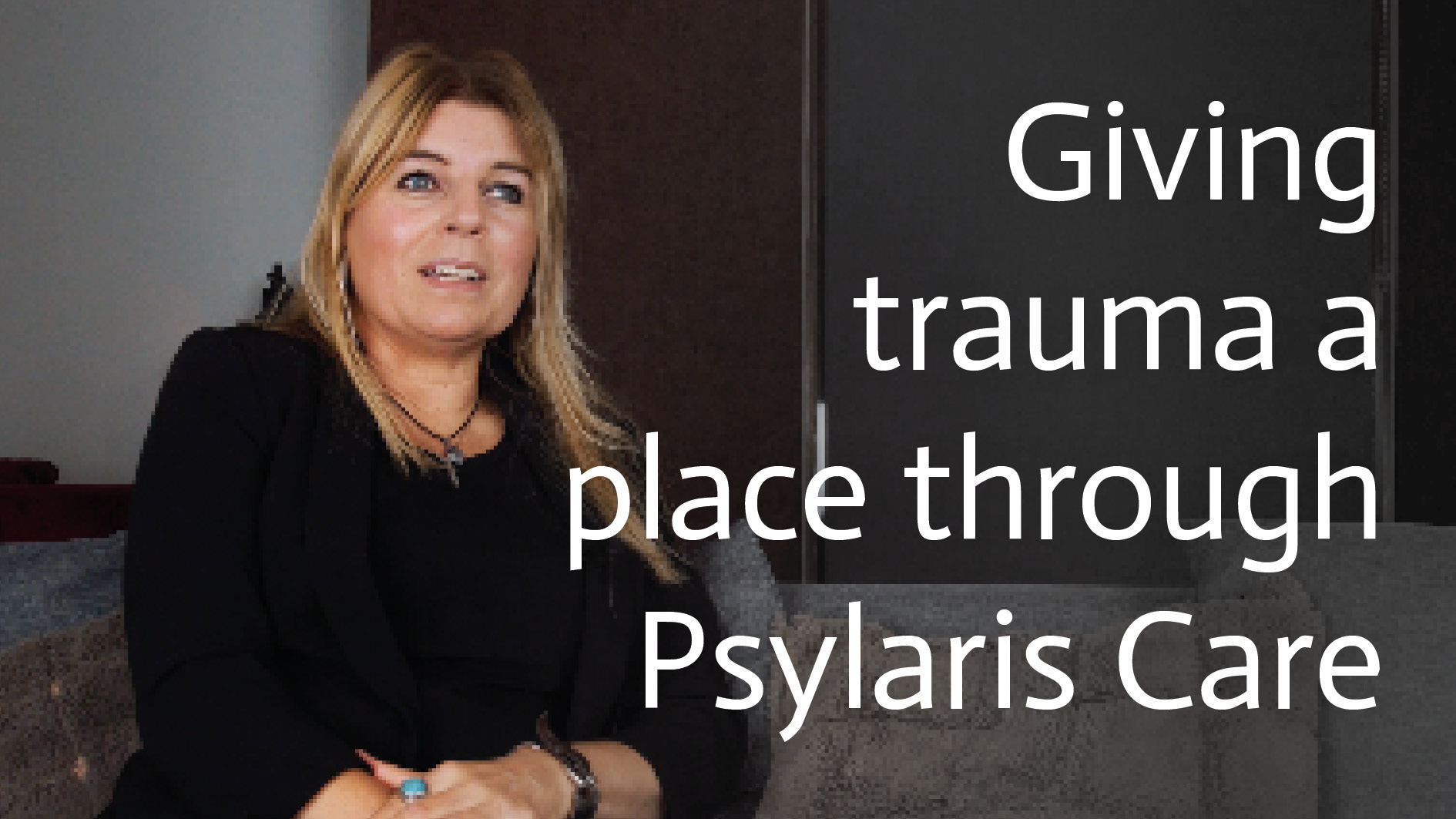EMDR sessions can be difficult because they require reactivation of the memory as the first step in processing. EMDR focuses on thoughts, physical sensations, feelings and behaviour. The therapist asks you to remember the event with the corresponding images, thoughts, feelings and physical reactions. This is done first to gather more information about the traumatic experience.. Then the processing starts. The therapist will ask you to remember the event again. But this is now done in combination with a distracting stimulus. This is usually the therapist's hand, sounds (headphones) or tapping. After each set (number of movements, clicks or taps), there is a moment of silence and the therapist asks the client what comes to mind.
The EMDR process usually triggers a flow of thoughts and images, but sometimes also of feelings and physical sensations. Things often change. After each sentence, the client is asked to focus on the most noticeable change, which is followed by another sentence until the experience has lost its impact.
The steps of a (simple) EMDR session
A EMDR treatment consists of a number of steps. In the first step, the therapist measures the client's capabilities, e.g. with the help of life history. A treatment plan is drawn up and explained. Then the event is selected and brought into focus (focusing as described above). Then the event is processed. If necessary, the positive thought (e.g. "I am worth it") is then reinforced. Then we check whether there are any remnants of the event somewhere and close the session. In a next session we will check again whether the event has lost its charge.
What effects can be expected?
Through eye movements, clicks or taps, the memory gradually loses its strength and emotional charge. This makes it increasingly easy to remember the original event. In many cases, the memory images themselves also change, for example they become blurred or smaller. But it may also be that less unpleasant aspects of the same situation come to the fore. Another possibility is that new thoughts or insights arise spontaneously that give the event a different, less threatening meaning. These effects contribute to the shocking experience becoming more and more anchored in the life story of the person affected.
Are there any disadvantages?
After EMDR therapy, the effects may persist for a while. This is, of course, a good thing. In some cases, however, the client may feel that he or she has lost control for a while, for example when new images or feelings present themselves. It is often reassuring to know that this generally does not last longer than three days. After that, a new balance, as it were, has been established. It is recommended that you keep a diary and write down what comes to mind. These things can then be discussed in the next session. Sometimes someone gets stuck in the memory (the processing falters again) and then it is advisable to continue with EMDR as quickly as possible.
What is the working mechanism of EMDR?
How exactly EMDR works is still unclear. A possible explanation for the effect of EMDR is that the procedure leads to accelerated information processing. It is conceivable that the combination of thinking strongly about the traumatic event and paying attention to the distracting stimulus causes the natural processing system to be stimulated. Currently, this is attributed to the so-called "working memory hypothesis". Future research will have to show how best to explain the observed effects.
When is EMDR not applied?
When you do not want to be in contact with your feelings. When the psychological balance is too unstable (this has to be worked on first). When the feelings are normal given the situation (e.g. feelings of guilt for having deliberately harmed someone will not diminish).








